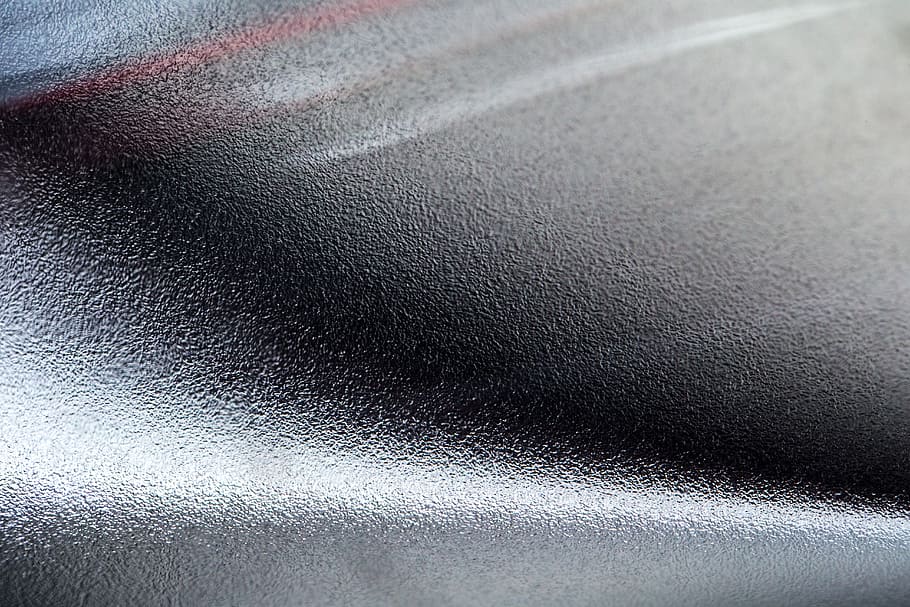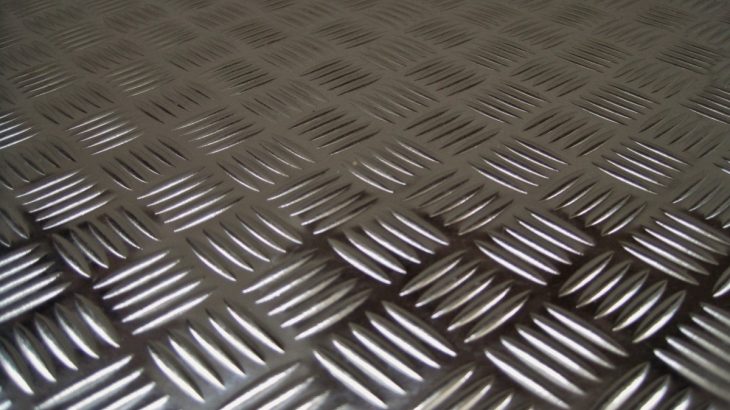How to Choose Your Aluminum Flooring
An aluminum floor has many qualities: maintenance-free, non-slip, waterproof, durable, and does not rust. Earlier used in professional and maritime environments, aluminum flooring is now being adopted by more and more private individuals as a covering for outdoor floors, balconies, and steps. It is popular in humid climatic zones as it prevents the formation of mold and mildew. Indoors are mainly used to give an industrial decorative touch unless applied to specific rooms, such as cold or humid rooms in warehouses.
Note: This flooring is perfect for any home. Its metallic appearance reinforces the contemporary character of a recent house and gives a touch of modernity to old houses while blending with traditional materials such as wood and stone.
Features of the aluminum floor
Aluminum is an easily machined and cast material; it is very malleable during production.
It is generally available in 3 forms – square tiles, clip-on, and screwable (perforated or not) that can be glued in thin layers.
Often left in raw metal gray colors, the boards fit together like a floating parquet floor.
Available in a few colors in a range of beige, black, white, imitation wood, aluminum sheets exist in different sizes, thicknesses, and colors. And they are to be mounted on a support.
Aluminum flooring can be installed on any surface and structure.
For outdoors, a slight slope should be provided for water drainage.
Aluminum can be anodized, i.e., chemically treated in soaking baths to create a protective layer in which all types of dyes can be deposited.
Note: It can be powder-coated, powder-coating being a process that allows the material to be painted for an unlimited lifetime.
Advantages and Disadvantages of Aluminum Flooring

Advantages:
It is sensitive to insects and more durable than wood that rots, cracks, and deforms over time. Besides, aluminum won’t split with cold and freezing.
No need to paint, stain or waterproof it, which saves money in the long term.
It is maintenance-free. A simple pressure wash (not even high pressure) is all it takes.
It stays cool in the summer. It absorbs less heat than wood or concrete.
It is waterproof and protects its various supports.
It is very light – three times lighter than steel or copper. The low density of aluminum is an advantage.
It is also fireproof. The melting point of aluminum is 660°.
It is non-slip. Its surface is treated for a better grip when walking. Some slabs are even recommended in certain public places to encourage vigilance when approaching a dangerous spot to avoid falls and slips (at the edge of the train platform, for example).
Disadvantages:
There are a few disadvantages overall.
Aluminum being a soft material can bump slightly during passages in case of thin thickness.
It does not rust but can corrode (corrosion is the alteration of a material by chemical reaction), which only affects its surface appearance without attacking the material in depth. This aspect gives it a much-appreciated finish when seeking to obtain an aspect of industrial raw metal.
Note: It can be noisy under footsteps and outdoors in rain or hail. This disadvantage alone is a reason for some people not to buy.
Installation of the Aluminum Floor
It is easy to fit a few slabs together to cover a small balcony. But it becomes complicated for a large area. It is then preferable to engage a professional.
Your handyman should be able to install aluminum flooring with a little technique and good material knowledge.
Attention: it is necessary to observe some basic rules. Check the surface, its flatness, and its condition (for example, whether the joists should be treated), follow the manufacturers’ advice, and pay attention to the finishes (corners should not have dangerously sharp edges).
Prices and suppliers of an aluminum floor
Prices vary depending on the aluminum’s size, thickness, color, and finish. The thicker ones are more robust and expensive but a good investment in the long term.
The price ranges from 20 to 100 dollars for a single sheet of 200×60 cm by 1.5 mm thick.
For 30×30 cm clip-on tiles, you should expect $90 per m².
To find them, you should contact professionals, go to specialized flooring stores, or go directly to an aluminum flooring manufacturer.



















